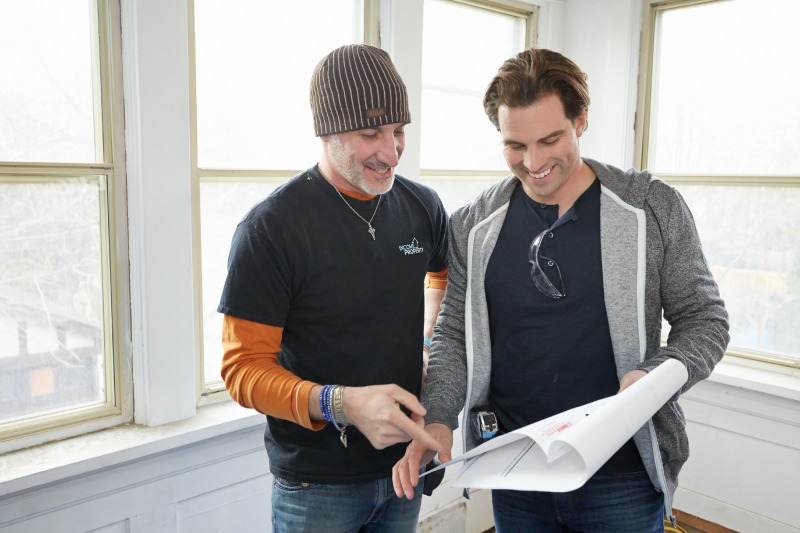Scott’s Top 5 – Income Property Tips

Investing in income properties can be a great way to build personal wealth, but it’s not something you can jump into without first doing some legwork. While I always maintain that anyone can do it, becoming a real estate investor requires a certain amount of know-how and a whole lot of pre-planning. Before you jump in head first, make sure you’ve considered my top 5 income property tips.
Do the Math
When investing in a property you have to fall in love with the numbers, not the house. This is probably the number one mistake people make when investing in real estate. It’s easy to become emotionally attached to a house, but if the numbers don’t add up you’ll end up losing out. Make sure you calculate everything, from the monthly costs, to the fixes you might have to do, to the potential profits. Crunch all of the numbers and if at the end you don’t see a plus sign, don’t do it.
Determine How to Add Value
A house that doesn’t go up in value isn’t a worthwhile investment, so think about how you can add value. Consider any potential updates from general upgrades such as new fixtures and fittings, to additions, to landscaping and curb appeal. Weigh the costs of the upgrades against the potential increase in value to determine what you should spend.
Choose the Right Area
A desirable neighborhood for real estate investing is one with good opportunity for growth. Look for things like post-secondary institutions, hospitals, low rates of unemployment, great transportation systems and government infrastructure.
Be Conscious of Timelines
When it comes to real estate investing (as with most things in life) time is money. Be very conscious of the timelines you set because the longer you work on a renovation, and the longer you go without a tenant, the more it will cost you. Not only are you paying for any renovations, as long as you lack tenants you are paying the full mortgage and any utilities. It’s a mistake I see people make over and over again and it can be easily avoided with the right planning and budgeting.
Don’t Cut Corners
DIY’s can be tempting when the cost of hiring someone extends beyond your budget, but it’s very important that things get done right the first time. Cutting corners will always cost you more in the long run. When planning out your budget make sure to account for any trades you have to hire.



Comments